Bloodless squabbles and petty bitchery
On best-of-the-year lists, life as a donkey in a race made for thoroughbreds, Selling Sunset, and my Top Three Widely Acclaimed Books that Actually I Wasn't That Crazy About
Hello friends,
How is everyone? Hope this week is treating you as well as a week can treat you at this particular point in our apocalyptic end-times. Personally, I’m feeling a little fed up and grouchy, possibly because I have just had a few weeks of intense social interaction. I enjoyed this while it was happening, but all this recent schmoozing seems to have ground out every remaining shred of vigour from my poor human body and I now need a four-to-six month period of dreamless isolation to recover.
Unfortunately, four-to-six months of dreamless isolation is not on the cards. I have so many social events coming up in December that I can barely bring myself to look at the calendar. So, apologies if you see me in the next month and I seem like a marginally animated corpse, but I don’t think I can fight it. As a former boss once cruelly-but-accurately said of me, I truly am a low-energy person.
Books
Alongside the onslaught of social events, now is also the season when everyone publishes their best-books-of-the-year lists. I’m…not loving this. There have been times this year where I’ve felt like a repulsive, obsequious, creeping creature, desperate for external validation—a bit like Gollum from the Lord of the Rings, only it’s not one-ring-to-rule-them-all that I’m getting all my preciousssss about, it’s a random stranger’s four star review on Goodreads. Although I’m getting better at switching off this needy part of myself, these best-of lists are a little triggering: every time I scan a list upon which I do not feature, a tiny piece of my heart dies. I am aware that it’s ridiculous, but it’s a real thing (and it seems like I’m not alone).
It’s giving me a little window into how I’m going to feel once shortlists for literary prizes start coming out next year. These lists tend to resemble a kind of competitive horserace in which only a select breed of glossy, well-trained thoroughbreds stand any chance of winning while the rest of us donkeys, wombats and shetland ponies gambol away in the wrong direction down the other end of the track. I’m not disparaging my book by saying this, by the way—it’s witty and charming! It’s laugh-out-loud funny! It’s wildly enjoyable!—but it is also a comedy, historically not a genre that does well in Australian literary prizes. This is clearly a terrible injustice, and I stand by what I said in my first proper newsletter: ‘There are definitely way too many celebrated Australian books about DRAB TIMES and not nearly enough about DICK JOKES.’*
*I’m aware that I just quoted myself. What a dickhead. Feel free to send me a formal complaint.
Anyway, I do try not to stress out about this stuff—I mostly feel extraordinarily lucky to have published a book at all. The only reason it bothers me is because I am, by nature, an acutely competitive person who loves to win at things. I don’t need to win everything, of course—eg if you’re better than me at sport or advanced physics or cake decoration or ballroom dancing, good for you, I couldn’t give less of a fuck. But if you beat me at writing books, making jokes, or online boggle…ouch. I might eventually forgive you, but it will cause me physical pain.
Some Controversial Opinions
I considered doing my own ‘best of the year’ list, but decided I know too many people who have published books this year and picking favourites could be socially problematic. Instead, I am going to do something potentially even more socially problematic: name my Top Three Widely Acclaimed Books That Actually I Wasn't That Crazy About. I hope this doesn’t come across as mean-spirited, because all these books are good books, beloved by many people—in fact their quality and popularity is the reason I wanted to consider why I didn't fall in love with them. I have decided to explore this question by imagining how things would go if these novels and I tried to go out on a date.
Tomorrow, and Tomorrow and Tomorrow, by Gabrielle Zevin
I know almost nobody will agree with me on this one, but this was like going on a date with someone who seems, at first, to be a good match, but with whom I have absolutely no sexual chemistry. We’ve met for a drink at cool, inner city bar, they’re talking earnestly and intensely about their hobbies and interests, and I’m admiring how smart they are, I’m learning so much, and they certainly know how to tell a good story—but after a while I realise that they’re not laughing at any of my jokes. Worse, they seem to have all their shit together: they seem like someone who changes their sheets weekly, the kind of person who not only owns an iron but who actually uses it. I like them, but it’s clear that they’re not just bumbling through the world like I am, trying to have a good time while they figure out how to be a person—no, this book has a five year strategic plan. As it’s clearly not going to happen between the two of us, we split the bill, shake hands amicably, and agree to stay friends.
In Ascension, by Martin MacInnes
This one was like going on a blind date at fancy restaurant with someone who turns out to be objectively attractive, but not at all my type: too clean cut, too intellectual, too passionate about deep sea diving. They’re impeccably dressed, the restaurant they’ve chosen is refined and elegant, and I should be grateful to be there with them—but as they’re talking I realise that my attention keeps drifting, I keep looking out the window and wishing I was at the dive bar across the street. I’m just wasting their time pretending that this could go somewhere. I eat quickly, finish my main course, and get out of there before the waiter can show us the dessert menu.
The Bee Sting, by Paul Murray.
I agree to go out with this one because everyone is sure I’m going to adore them—the author has been described as Dublin’s answer to Jonathan Franzen, my long-term dorky crush; what could possibly go wrong? Unfortunately, once we start hanging out together, I realise that although they are smart and interesting, something about them feels insincere. The two of us have no real emotional connection. I feel bad, because all my friends love them, and I’m afraid that I’m missing something important. I also worry that if I break up with them, I’ll just end up with someone worse, and so I keep trying to make it work for much longer than I should. Finally, I gather up my courage and break things off—and only then do I remember that I had a very similar experience with Murray’s earlier book, Skippy Dies, so I probably should never have agreed to go out with this one in the first place.
NB: I almost included Yellowface by Rebecca Kuang on this list, because I felt like it kind of lost the plot in the last part…but as I wrote about it I realised that I really liked at least 70% of it, and I kept thinking about it afterwards, so I came to the conclusion that maybe I was crazy about it, after all.
Television
I have noticed recently that quite a few shows I have formerly enjoyed now seem to have run on for one or two seasons too long. This includes the final season of Sex Education, which just flopped around gasping for oxygen like a dying fish on a pier, and the most recent season of Love is Blind, in which only two couples emerged from the pods, and I didn’t care a fig about either of them.
The worst offender in this regard was season 7 of Selling Sunset. For those of you who have not previously indulged in its dirty pleasures, Selling Sunset is a reality show featuring a cast of talking Bratz dolls glamorous women who make a living selling luxury real estate in LA:
The show centres around a real estate brokerage run by a pair of identical twins, Jason and Brett Oppenheim, whose on-screen charisma would make Elon Musk seem comparatively warm and vivacious:
Jason, the one with the pointier chin, is currently in a relationship with a gorgeous German model named Marie-Lou Nurk. Eerily, if you shaved her hair off and gave her a five o’clock shadow, I have a theory that Marie-Lou could pass convincingly for Jason’s brother Brett:
On the whole, Jason and Brett don’t get a lot of air time—the real stars of the show are the menagerie of beautiful women who work for them. The women take on a sort of geisha-like role as they show rich guys around 50 million dollar houses—they laugh charmingly at the men’s jokes and make lively conversation about light fittings while cantering around in short skirts and sky-high heels, their faces so heavily concealed beneath botox, silicone and three inches of glossy make-up that they often look more machine than human.
These women are, above all things, hard-nosed businesswomen: I’m convinced that most of them would ritually slaughter a litter of newborn Labrador puppies if they thought it might stand a chance of increasing their commission. On the early seasons, the worst of all of them was a woman called Christine. Here was a stand out demon, one of the most villainous villains ever to commit on-screen villainy—a true devil in quasi-human clothing.
Christine bullied and manipulated her colleagues; she back-stabbed, she front-stabbed, she threw parties for herself featuring live zebras as decoration. She was awful, in every way, but she was iconically awful—ie, the kind of awful that makes for extremely good TV.
Unfortunately, over the years, Christine alienated every single one of the other cast members to the point where none of them could stand to be in the same room as her. She ended up leaving the show, and while her departure was absolutely the right thing to do…I can’t deny it: I miss her.
The first few seasons of Selling Sunset were legitimately incredible television, featuring workplace feuds, workplace romances, babies, amazing outfits and even more amazing real estate. But since Christine left, the real estate and the outfits might remain dazzling but the drama has grown increasingly limp, like a bag of salad leaves left too long in the fridge drawer. This last season was the worst, revolving as it did around a series of bloodless squabbles and moments of petty bitchery, incidents so minor that the cast could hardly even pretend to get het up about them. There can be a kind of magic in making a whole season of TV out of nothing—eg the first season of Real Housewives of Melbourne wrung twelve episodes of drama out of a single incident in which a cast member showed up late for a tennis match, and there was something hypnotic about the absolute meaninglessness of every single interaction on that show—but after the glitzy lunacy of the first few seasons of Selling Sunset, this last one just seemed dull and sad, like watching a deflated beach ball drifting around the ocean on a grey and windless day. Do not recommend.
Other things
I recently read and loved David Marchese’s interview with famed literary agent Andrew ‘The Jackal’ Wylie in the New York Times, amusingly titled When Ruthless Cultural Elitism Is Exactly the Job. I particularly liked this exchange:
I’ll ask in a different way: Has the status of serious writers changed in the country? I think that’s the wrong way to look at it.
What’s the right way? What are your goals?
To matter in the culture? No. Absolutely not. Who gives a [expletive]? You want to matter in this culture? Not me.
So what should a writer’s goals be? Just on the quality of the work. The kind of ineffable beauty of something extremely well expressed.
Amen, Andrew Wylie! A pretty persuasive argument in favour of ruthless cultural elitism. Also this bit made me laugh:
…the goal of the people we represent is not to be Beyoncé. It’s not directly connected to popularity. Let’s say you’re inviting some people to your house for dinner. Do you want everyone to arrive? Or do you want a select number of intelligent people who are amusing and understand what you’re talking about? The latter, I think. There are some people I don’t want to have join the dinner. They deserve to live, but they don’t need to come to my house for supper.
On a more grimly serious note, a couple of other things I’ve admired recently are these two essays in KYD and the Monthly:
This nuanced essay on Gaza by Eleanor Limprecht in Kill Your Darlings:
We need to engage in a deeper, more empathetic debate. Acknowledge the trauma of others as well as our own. Recognise that two things can be true at once: we can denounce the actions of Hamas and the retaliation of the IDF. We can grieve the deaths of Israelis and Palestinians.
This piece by Tim Winton in The Monthly on writing in a time of climate change:
…this world is not our social artefact, or our plaything. It’s not our setting, or our backdrop. It’s not a waystation on the journey to Heaven or to Mars. It’s our home. Our only home. And in the streets and at the polls and on the page, we’ll need to fight to save it with language that reflects this organic reality with clarity, urgency and humility.
That’s all for now! Until next time,
Eleanor xx
PS I should mention that the audiobook of The Opposite of Success is coming out on 1 December. It’ll be available everywhere, but looks like Google Play currently have it for pre-order at a discount if you’re interested ($14.95 instead of $27).
If you enjoyed this newsletter, please share!




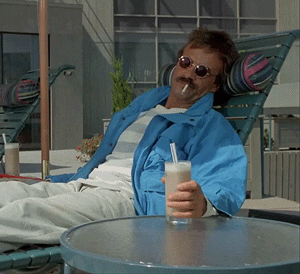
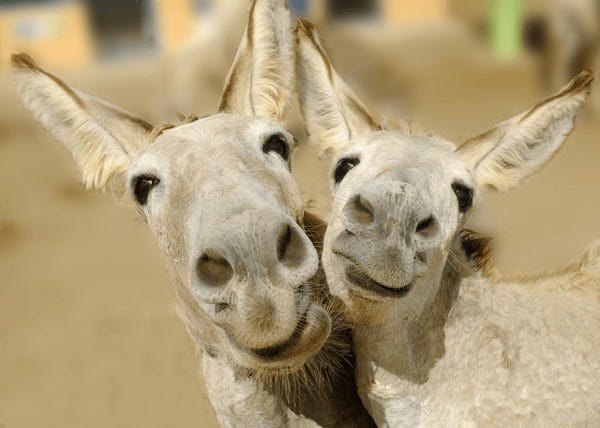
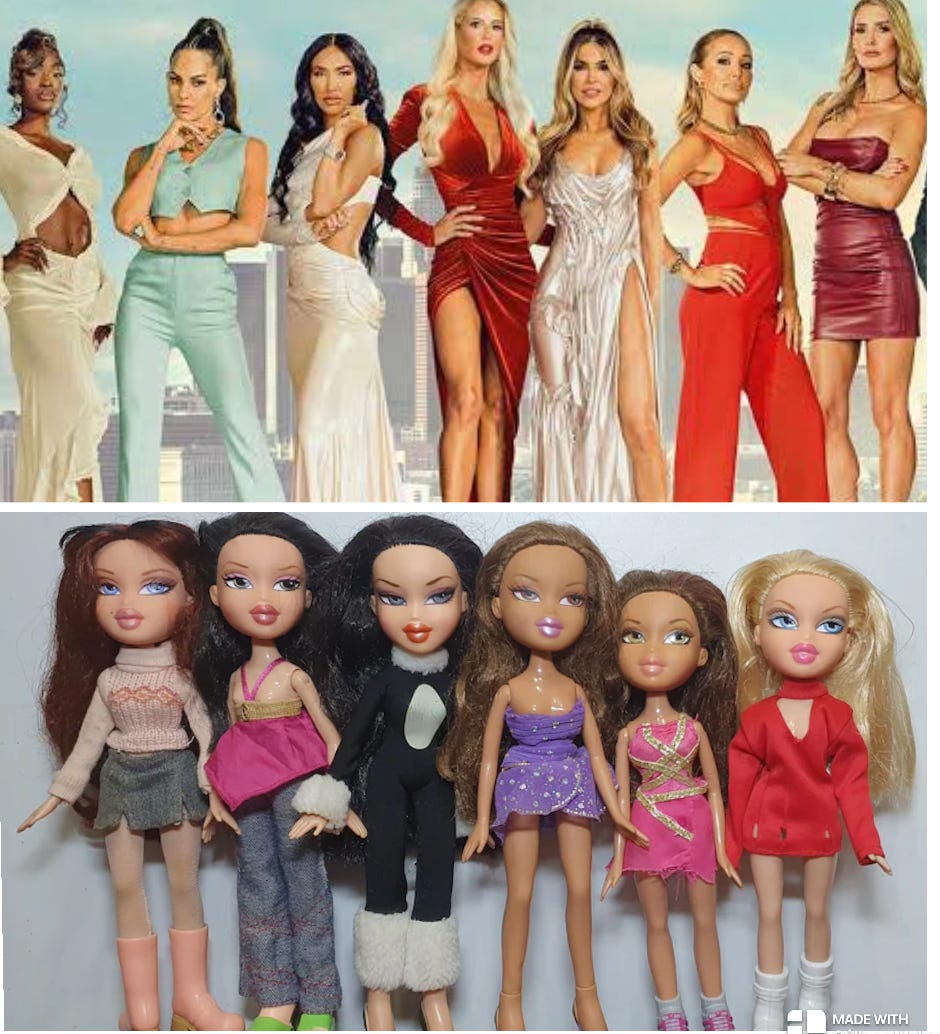
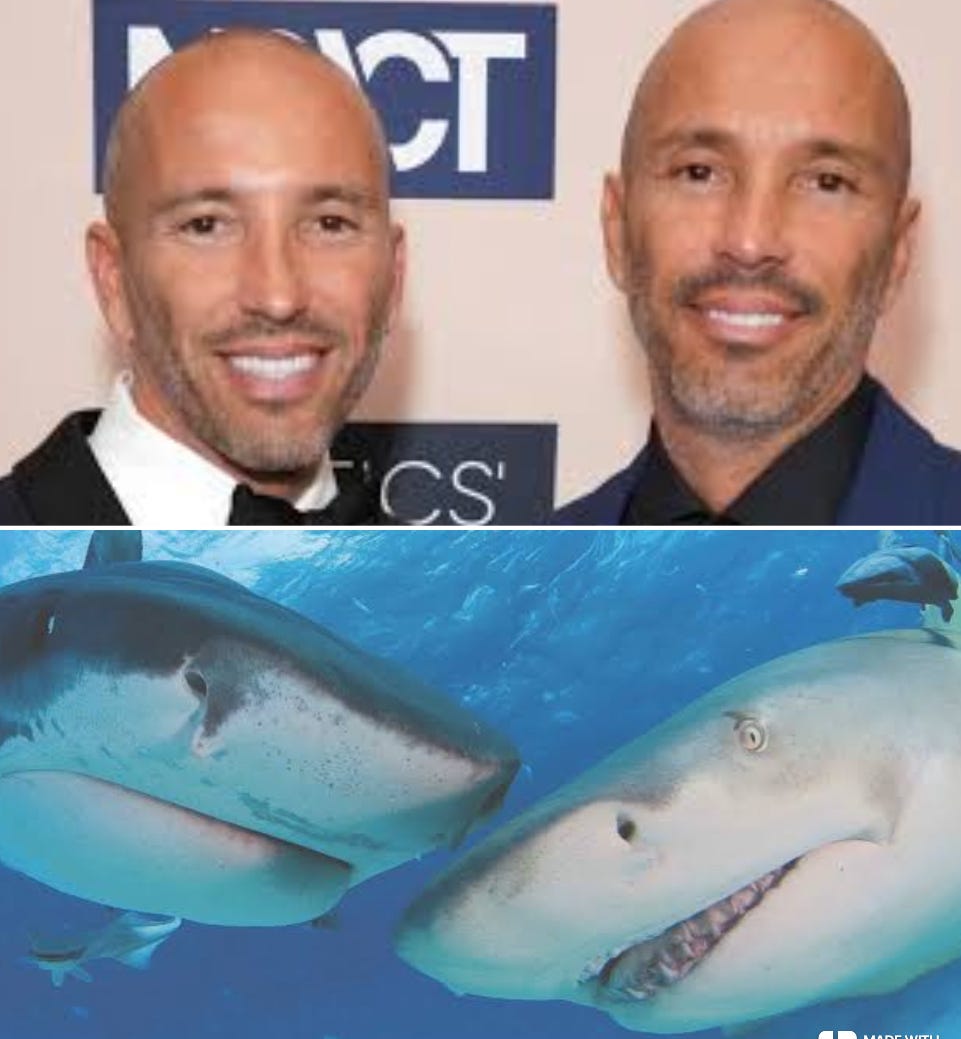

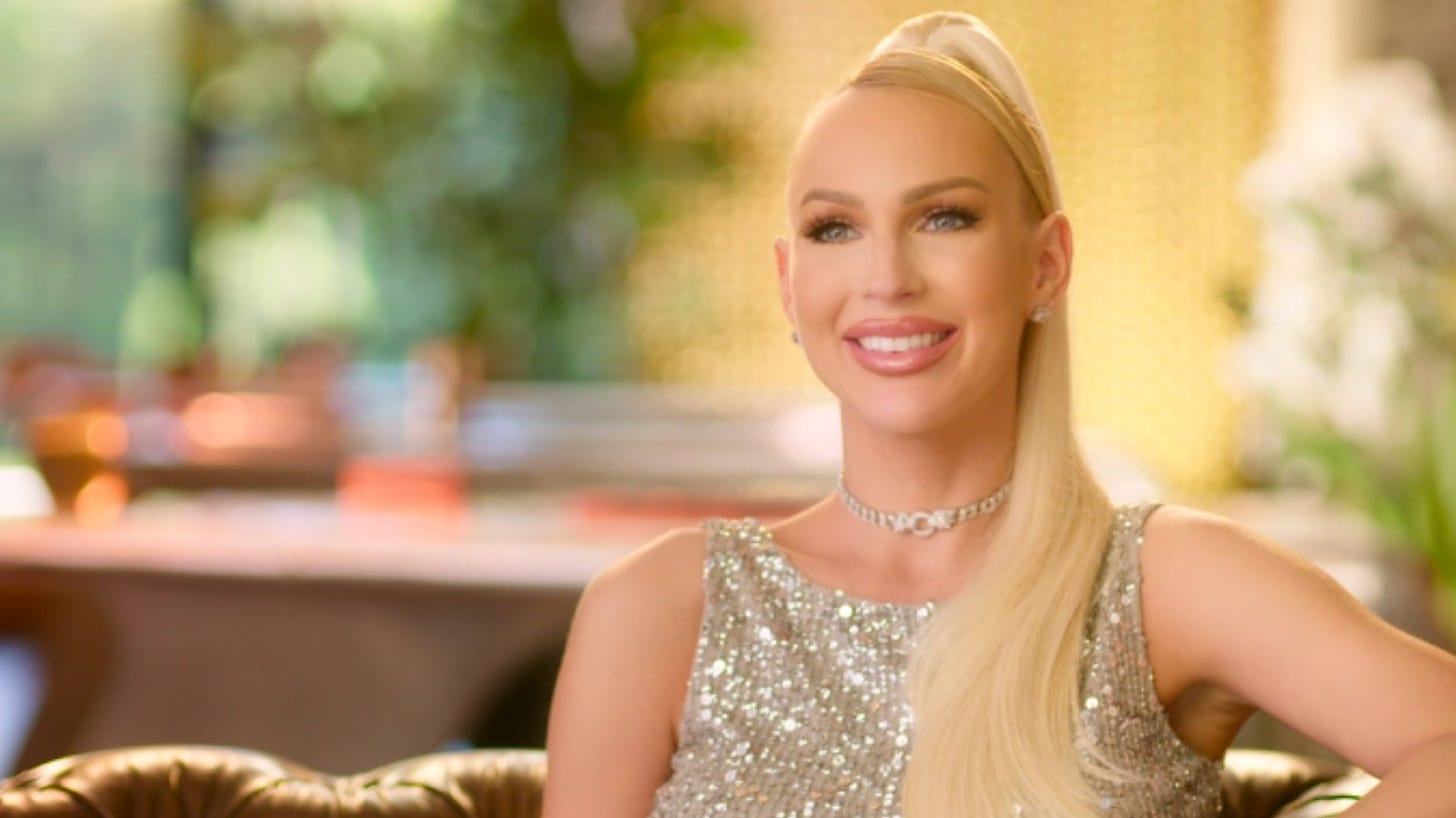
Fuck yeah audiobook!!!!!
I’m joining your salty hateful club, as a wombat, who never had shiny hair in high school like other kids.